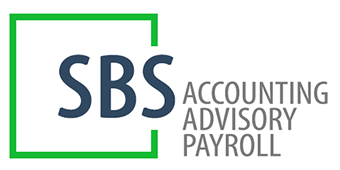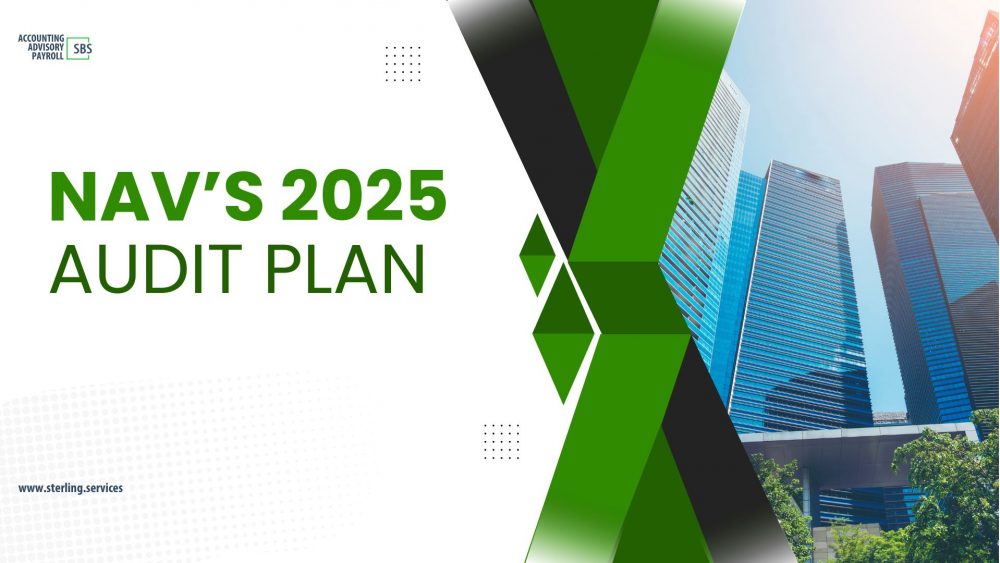The National Tax and Customs Administration (NAV) has unveiled its audit plan for 2025, highlighting key areas of focus to enhance tax compliance and transparency. This year’s strategy underscores the importance of proactive measures, particularly through the introduction of data reconciliation procedures and the reinforcement of preliminary business partner assessments.
Data Reconciliation Procedure: Prevention Over Penalty
In 2025, NAV is set to implement a new administrative approach known as the data reconciliation procedure. This initiative aims to notify businesses promptly about any discrepancies in their reported data, allowing them to address and correct these issues before formal audits or compliance checks commence. By facilitating early detection and resolution of potential errors, this procedure seeks to prevent infractions rather than penalize them, thereby promoting a more cooperative relationship between the tax authority and taxpayers.
Enhanced Scrutiny of Business Partnerships
NAV continues to prioritize the thorough vetting of business partners. Leveraging advanced risk assessment techniques, including algorithms and artificial intelligence, the authority aims to identify entities attempting to gain unjust tax advantages. This proactive stance is designed to prevent businesses from inadvertently engaging with high-risk partners, thereby safeguarding them against potential compliance issues.
Focus on High-Risk Activities
The 2025 audit plan also delineates specific sectors and activities deemed high-risk, warranting increased attention. These include areas susceptible to tax evasion and fraud, where NAV intends to conduct targeted audits to uncover and address illicit practices. By concentrating resources on these vulnerable sectors, the authority aims to enhance overall compliance and deter future violations.
Conclusion
NAV’s 2025 audit plan reflects a strategic shift towards preventive measures and collaborative compliance. By introducing the data reconciliation procedure and emphasizing the importance of diligent business partner assessments, the authority aims to foster a transparent and cooperative tax environment. Businesses are encouraged to proactively engage with these initiatives to ensure adherence to tax regulations and to mitigate the risk of future audits.






Comments are closed.